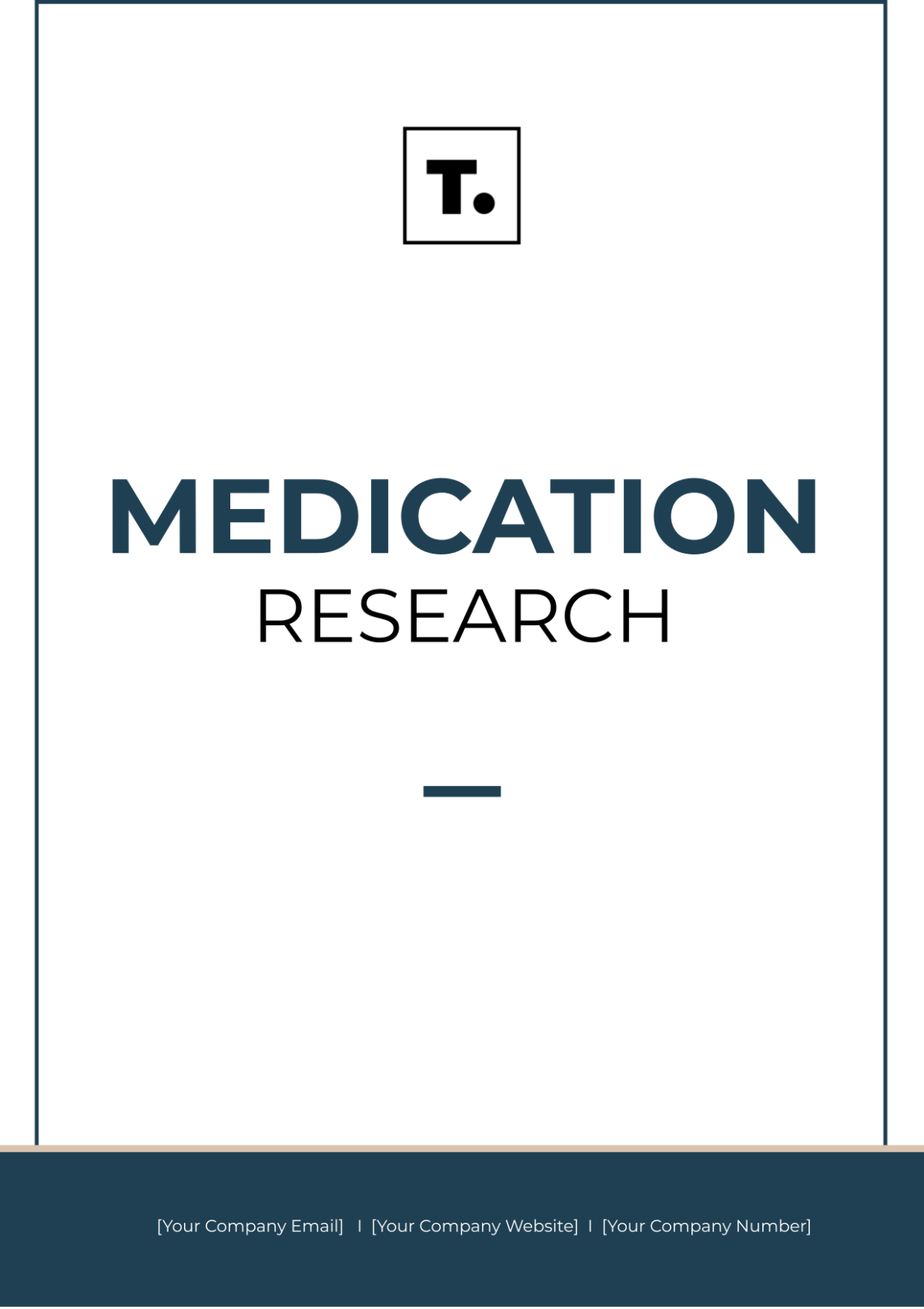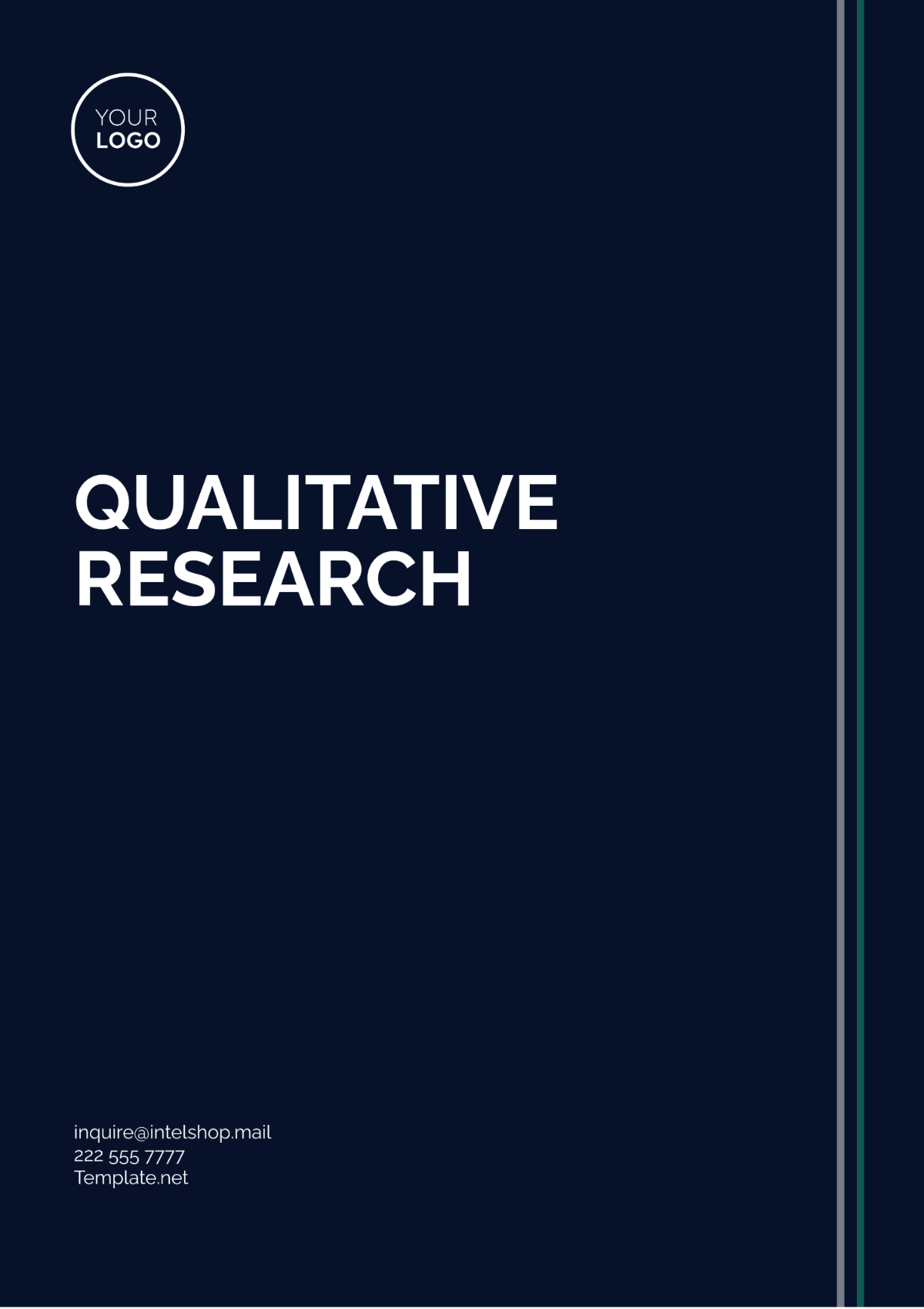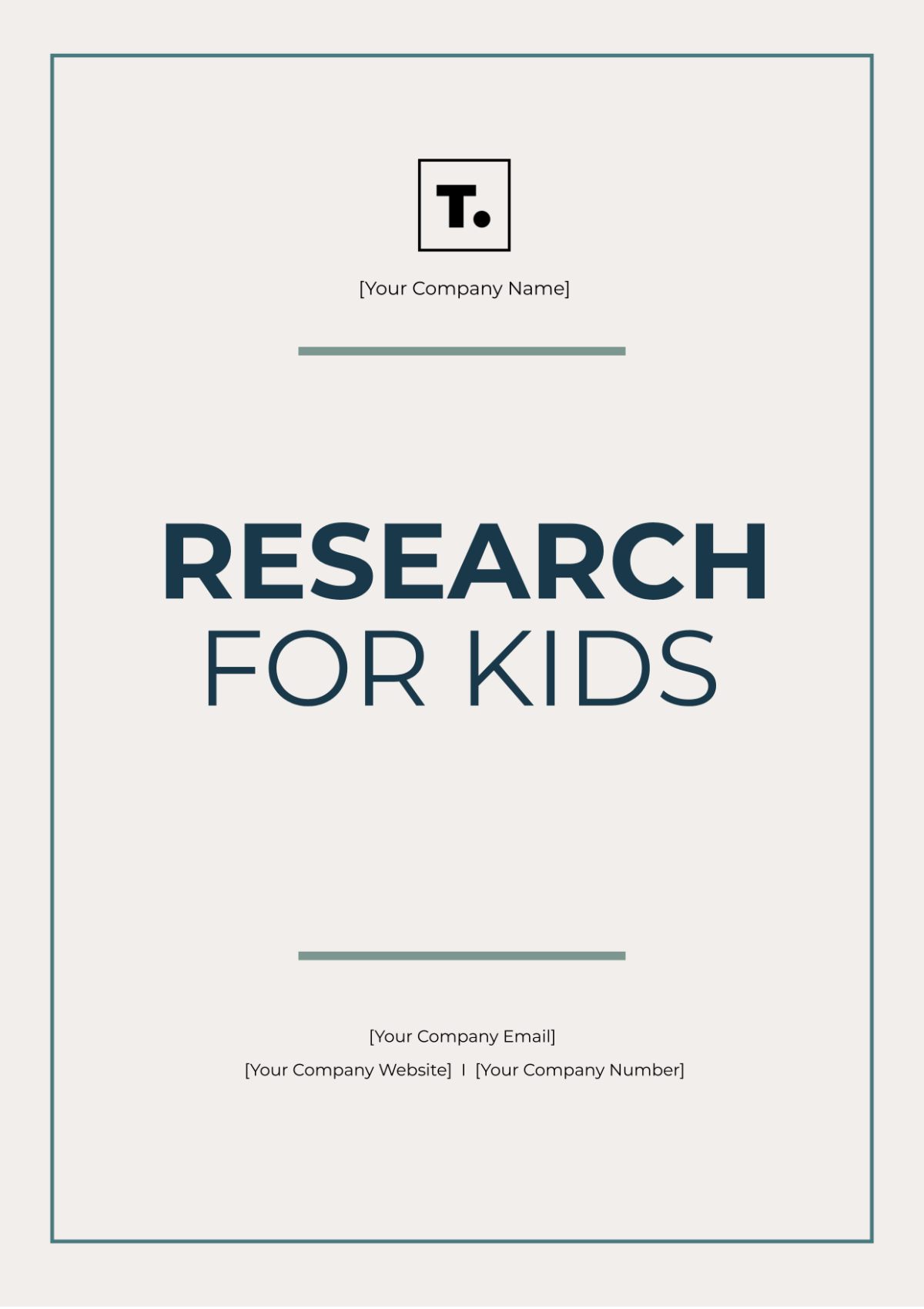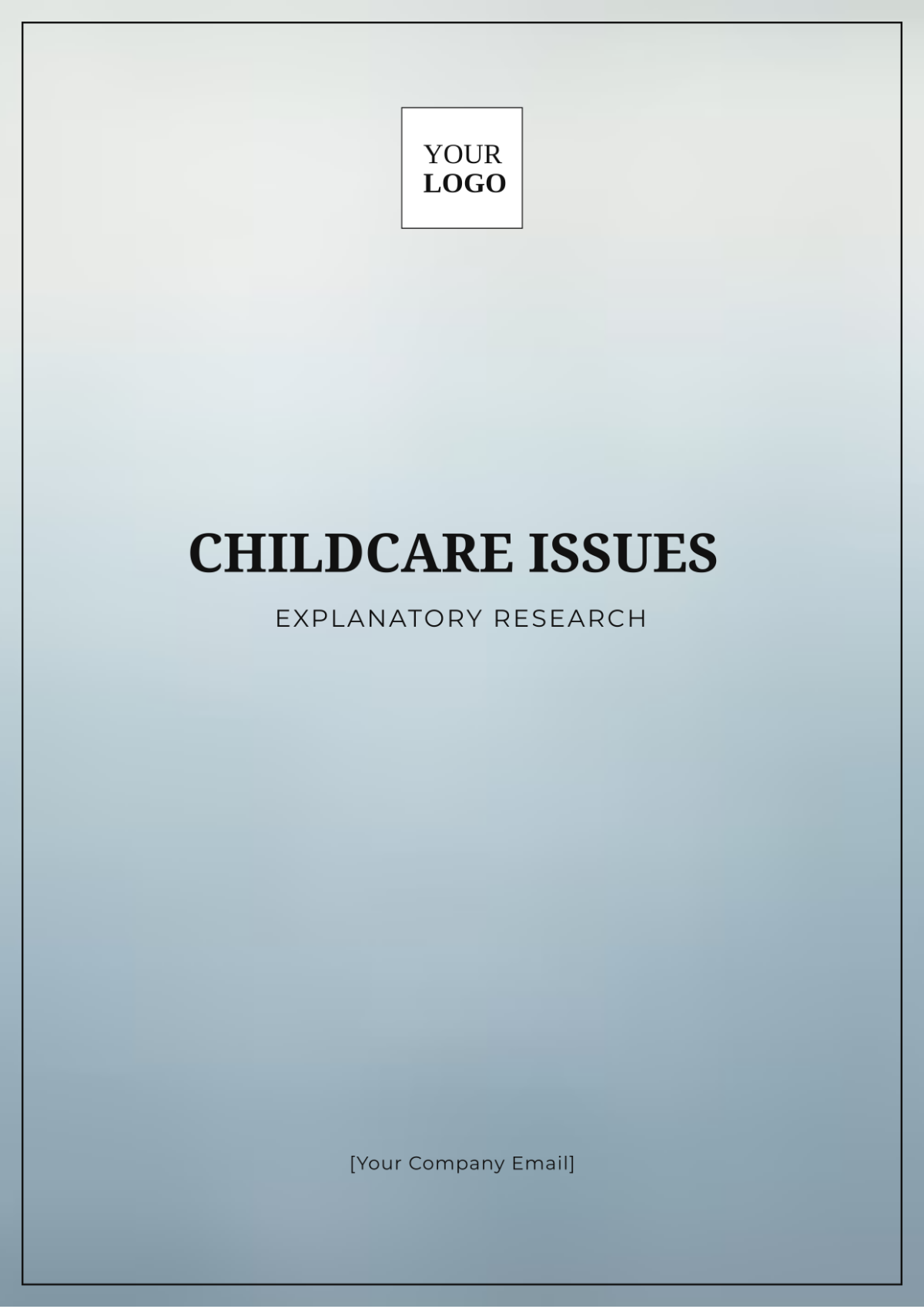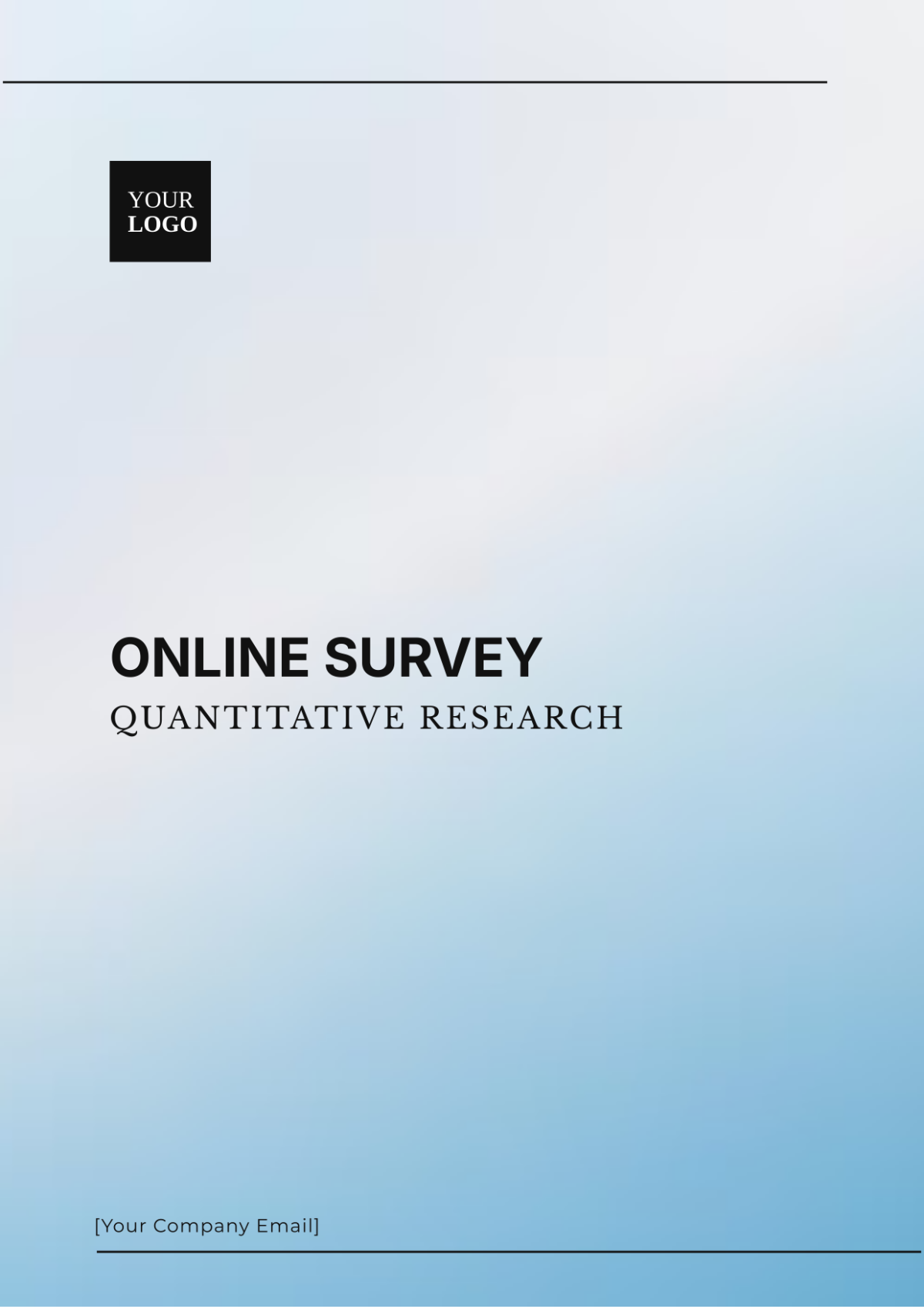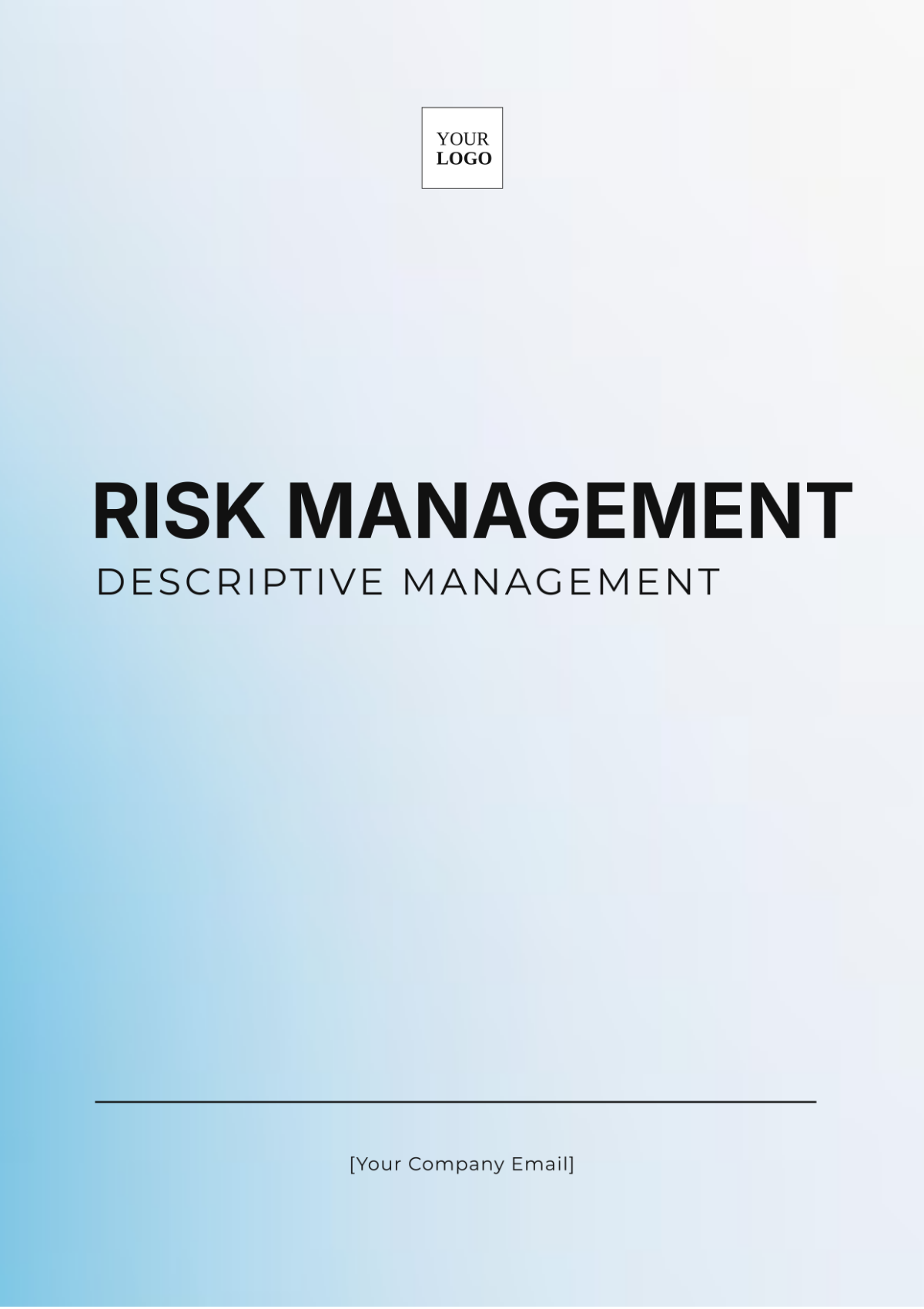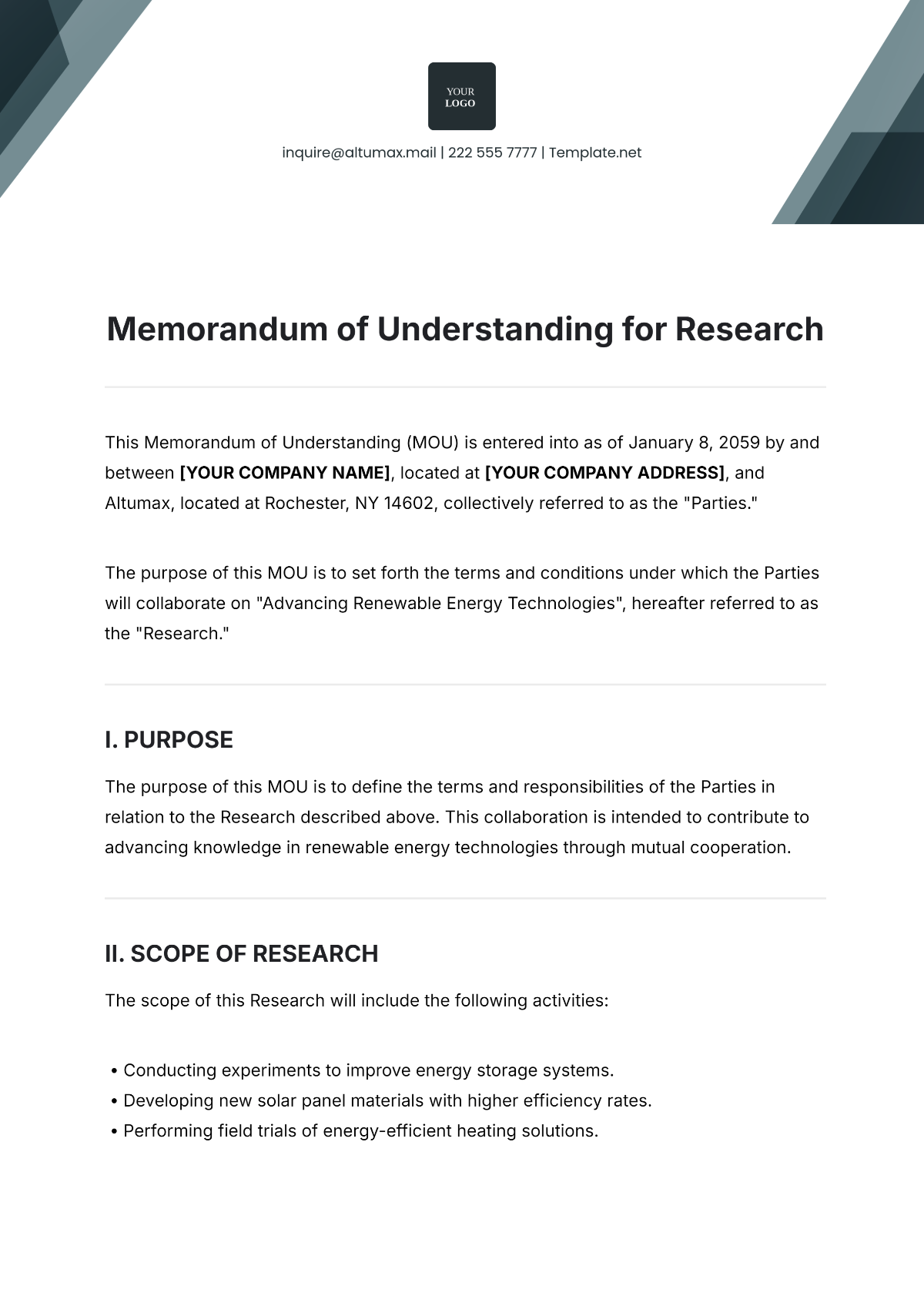Study Protocol for Systematic Review
I. Introduction
In the realm of academic research, systematic reviews are critical for synthesizing existing evidence to offer a clear and comprehensive understanding of emerging topics. This study protocol outlines the methodology for conducting a systematic review focused on the effects of mindfulness-based interventions on reducing anxiety in college students, aiming to contribute valuable insights to mental health professionals and educators. Through this structured approach, we seek to minimize bias and ensure the replicability of our findings.
II. Study Objective
The primary objective of this systematic review is to evaluate and synthesize the evidence on how mindfulness-based interventions (MBIs) impact anxiety levels in college students. This review aims to clarify inconsistencies in the literature, identify gaps in knowledge, and offer recommendations for future research and practical applications in educational and clinical settings.
III. Research Questions
What is the impact of mindfulness-based interventions (MBIs) on reducing anxiety levels in college students?
How do different mindfulness practices (e.g., meditation, yoga) influence anxiety outcomes in this population?
What are the barriers and facilitators for implementing MBIs in college settings?
IV. Inclusion and Exclusion Criteria
Inclusion Criteria
Studies published between January 1, 2050, and December 31, 2055
Peer-reviewed articles
Studies involving college students (aged 18-25) diagnosed with or reporting symptoms of anxiety
Research evaluating mindfulness-based interventions such as meditation, yoga, or mindfulness-based stress reduction (MBSR)
Exclusion Criteria
Non-peer-reviewed literature
Studies not published in English
Research not addressing the defined research questions
V. Methodology
1. Search Strategy
A comprehensive search strategy will be implemented across multiple databases, including PubMed, PsycINFO, and CINAHL, using the following keywords: mindfulness-based intervention, college students, anxiety reduction, meditation, and MBSR. The search will be supplemented with manual searches of relevant journals and reference lists.
2. Data Extraction
Data will be extracted using a standardized form that includes:
Author(s): Smith et al.
Year of publication: 2052
Sample size: 300 college students
Key findings: Significant reduction in anxiety levels following an 8-week MBSR program
Methodological quality: Rated as high using the Cochrane Risk of Bias Tool
3. Quality Assessment
The quality of included studies will be assessed using the Cochrane Risk of Bias Tool, focusing on study design, blinding, randomization, and outcome reporting.
VI. Data Analysis
Quantitative data will be synthesized using meta-analysis techniques when sufficient data are available. Effect sizes for anxiety reduction will be calculated, and heterogeneity among studies will be assessed. Qualitative data on student experiences and barriers to participation in MBIs will be analyzed thematically.
VII. Timeline
The following table outlines the timeline for the systematic review:
Task | Start Date | End Date | Status |
|---|---|---|---|
Literature Search | January 1, 2050 | March 31, 2050 | Not Started |
Data Extraction | April 1, 2050 | May 31, 2050 | Not Started |
Quality Assessment | June 1, 2050 | June 30, 2050 | Not Started |
Data Analysis | July 1, 2050 | August 31, 2050 | Not Started |
Manuscript Preparation | September 1, 2050 | October 31, 2050 | Not Started |
VIII. Conclusion
By following this systematic review protocol, we aim to produce a comprehensive synthesis of the evidence on how mindfulness-based interventions reduce anxiety in college students. This review will not only contribute to the academic literature but will also provide insights for educators, clinicians, and policy-makers in developing mental health programs for young adults.
Prepared by: [YOUR NAME]
Email: [YOUR EMAIL]


